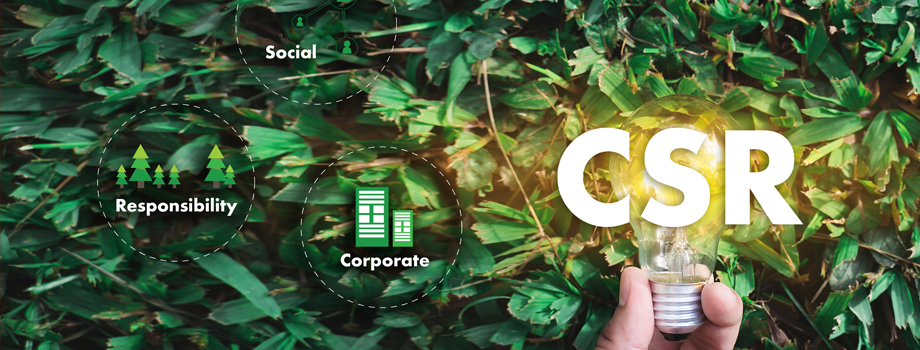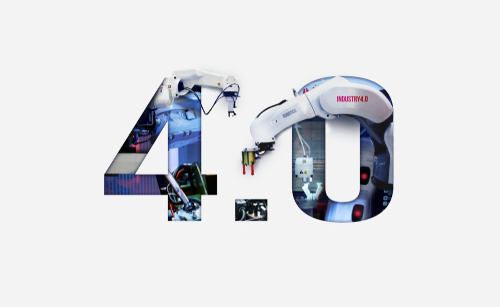However, social and environmental compliance is becoming an increasingly important factor in influencing your image in the mind of consumers. This is especially true for those belonging to Millennial and Generation Z demographic cohorts, most of who say they would be willing to spend more on ethical and eco-friendly products. Corporate Social Responsibility (CSR), therefore, is higher on an organization’s list of priorities than ever before.
In order to consistently meet quality benchmarks in an ethical and environmentally responsible way, you need to identify the right suppliers.
This is where factory audits come in. A factory audit is the on-site verification of a supplier’s facility in regard to processes and quality systems to ensure compliance with requirements and specifications.
Auditing your suppliers’ social and environmental compliance is essential in your quest to position yourself as a socially responsible brand
What Does Socially Responsible Behavior Entail?
ISO 26000 is the leading international standard established by the International Organization for Standardization (ISO) to help organizations assess and fulfill their social responsibilities to external stakeholders including consumers, employees, communities, and the environment. There are seven guiding principles for social responsibility:
• Accountability
• Transparency
• Ethical behavior
• Respect for stakeholder interests
• Respect for the rule of law
• Respect for international norms of behavior
• Respect for human rights
A company’s adherence to these principles is measured according to seven core subjects:
• Organizational governance
• Human rights
• Labor practices
• The environment
• Fair operating practices
• Consumer issues
• Community involvement and development
However, ISO 26000 is a set of guidelines and not a form of certification. To truly enhance brand reputation, organizations often seek to attain more specific types of certification, such as SA 8000 and ISO 14001.
Social Compliance Audits: SA 8000
Events such as the collapse of the Rana Plaza Garment Factory in 2013, which claimed the lives of 1,134 Bangladeshi factory workers, have led to heightened consumer awareness of human rights and working conditions. More than 20 high-end and fast-fashion retailers faced a strong backlash for failing to detect, and in some cases overlooking their suppliers’ unethical practices.
A social audit helps importers evaluate and manage social compliance risks, such as the Rana Plaza collapse, that could impact their reputation. SA 8000 is the most widely recognized social compliance audit. In order to gain SA 8000 certification, importers must be compliant in the following nine areas:
• Child labor
• Forced labor
• Health and safety
• Freedom of association and collective bargaining
• Discrimination
• Disciplinary practices
• Working hours
• Remuneration
• Management systems
The last requirement on this list is particularly important. A Social Management System (SMS) refers to the policies and procedures that are in place to periodically review compliance with SA 8000 standards. If there is a problem with any of the other eight areas outlined in the SA 8000 audit, a system that includes the following components will be well positioned to take corrective measures:
• Records and documentation, such as a stored record of previous social audit scores assigned to each supplier and/or facility by third-party auditors.
• A clear organizational structure with defined roles and responsibilities for those involved in the maintenance of social compliance. This is important for effective communication and thorough social risk management.
• Measurement, analysis, and improvement of your SMS.
Environmental Audits: IS0 14001
The global climate change student walkouts inspired by teenage activist Greta Thunberg have caught the world by surprise. An estimated 2 million people participated in the most recent Global Climate Strike on November 29th, 2019.
With the growing awareness surrounding climate change, consumers, activists, governments, and NGOs are pressuring businesses to limit their environmental impact.
The ISO 14001 audit is one of the most widely utilized voluntary auditing standards used by third parties to evaluate a factory’s ecological footprint. It is the international standard for implementing an Environmental Management System (EMS), and assesses the following:
• The effectiveness of the current EMS. This is very similar to a Social Management System. The goal of an EMS is to identify non-compliance and implement corrective measures.
• Current procedures for the disposal of solid and hazardous waste.
• The factory’s wastewater disposal, including how and where it is disposing it.
• Wastewater testing to determine the chemical components of wastewater and if any of them would pollute nearby water canals.
• CO2 emissions of your supplier’s factory and how they can reduce emissions if applicable.
• The amount of energy and water that your supplier’s factory consumes and how they can reduce consumption if applicable.
For a brand to earn SA 8000 or ISO 14001 certifications, its suppliers must be audited by an independent third party. With over 12,000 TIC specialists, including auditors and inspectors, located in all major sourcing and selling regions, InSpec by BV is perfectly positioned to ensure your factories maintain the best process controls around social and environmental compliance.







